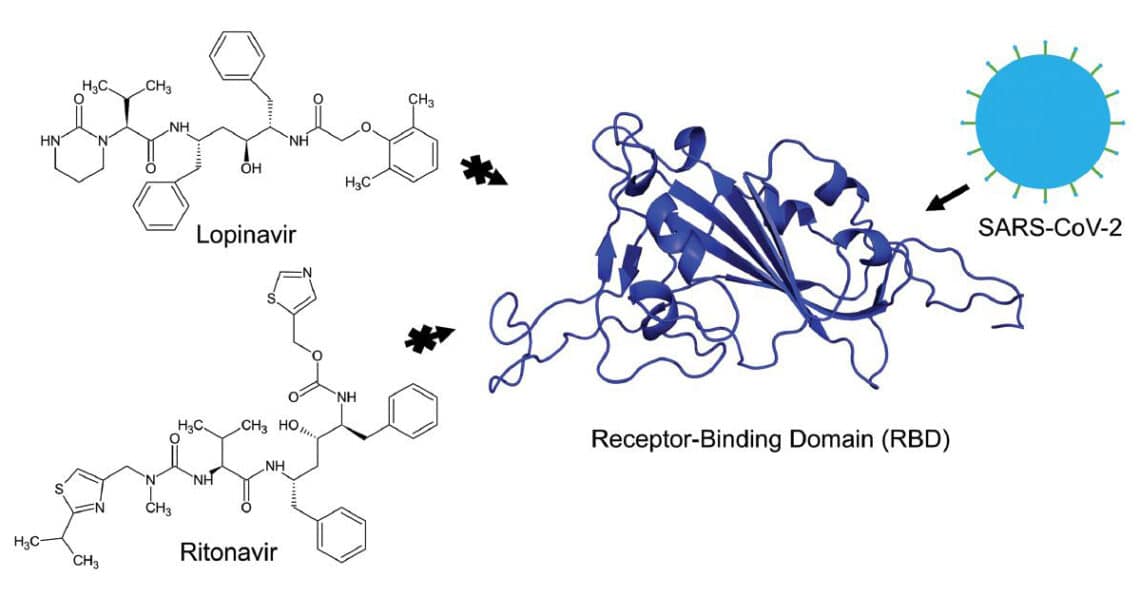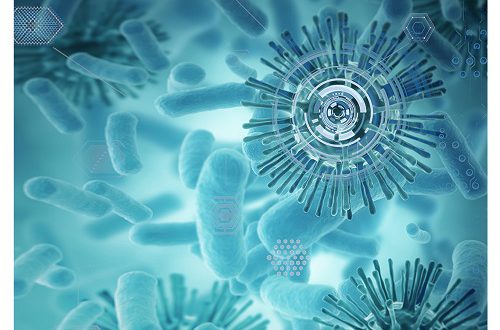
Lopinavir and Ritonavir have High Affinity Toward the SARS-CoV-2 S-protein Receptor-binding Domain Sequenced in Brazil
Announcing a new article publication for BIO Integration journal. Severe acute respiratory syndrome coronavirus 2 (SARS-CoV-2), first identified in China in December 2019, rapidly spread worldwide, resulting in the coronavirus disease 2019 (COVID-19) pandemic. Understanding the structural and functional interactions between the virus and host cells is critical for developing therapeutic strategies.
In this study in silico docking models were employed to investigate the molecular interactions between the receptor-binding domain (RBD) of the SARS-CoV-2 spike glycoprotein, derived from the Brazilian genome sequence, and seven clinically approved drugs: umifenovir, darunavir, lopinavir, ritonavir, remdesivir, pirfenidone, and oseltamivir. The three-dimensional structure of the Omicron RBD model was generated through homology modeling, and potential active site cavities were predicted within the RBD structure.
Among the seven drugs tested, only lopinavir and ritonavir demonstrated significant binding affinities to the RBD. Lopinavir exhibited a binding affinity of −9.8 kcal/mol, forming interactions with residues PHE168, GLY167, SER176, GLN175, GLU166, LEU134, LEU137, TYR171, PHE138, LEU174, and PHE172. Ritonavir showed a binding affinity of −8.9 kcal/mol, interacting with residues ARG148, ASN130, VAL23, SER81, ASN33, PHE29, TYR33, SER31, ASN132, ALA26, ALA30, ALA34, and TYR133.Molecular dynamics simulations confirmed the stability of the complexes formed between lopinavir and ritonavir and the RBD active site.
These findings underscore the potential of these protease inhibitors as therapeutic agents targeting the SARS-CoV-2 spike protein.
Read Full Open Access Articles at https://www.scienceopen.com/hosted-document?doi=10.15212/bioi-2024-0055
BIO Integration is fully open access journal which will allow for the rapid dissemination of multidisciplinary views driving the progress of modern medicine.
As part of its mandate to help bring interesting work and knowledge from around the world to a wider audience, BIOI will actively support authors through open access publishing and through waiving author fees in its first years. Also, publication support for authors whose first language is not English will be offered in areas such as manuscript development, English language editing and artwork assistance.
BIOI is now open for submissions; articles can be submitted online at:
https://mc04.manuscriptcentral.com/bioi
Please visit www.bio-integration.org to learn more about the journal.
Editorial Board: https://bio-integration.org/editorial-board/
Please visit www.bio-integration.org to learn more about the journal.
Editorial Board: https://bio-integration.org/editorial-board/
BIOI is available on the IngentaConnect platform (https://www.ingentaconnect.com/content/cscript/bioi) and at the BIO Integration website (www.bio-integration.org).
Submissions may be made using ScholarOne (https://mc04.manuscriptcentral.com/bioi).
There are no author submission or article processing fees.
Follow BIOI on Twitter @JournalBio; Facebook (https://www.facebook.com/BIO-Integration-Journal-108140854107716/) and LinkedIn (https://www.linkedin.com/company/bio-integration-journal/).
ISSN 2712-0074
eISSN 2712-0082
Aline Diogo Marinho, Helyson Lucas Bezerra Braz and João Alison de Moraes Silveira et al. Lopinavir and Ritonavir have High Affinity Toward the SARS-CoV-2 S-protein Receptor-binding Domain Sequenced in Brazil. BIOI. 2025. Vol. 6(1). DOI: 10.15212/bioi-2024-0055




